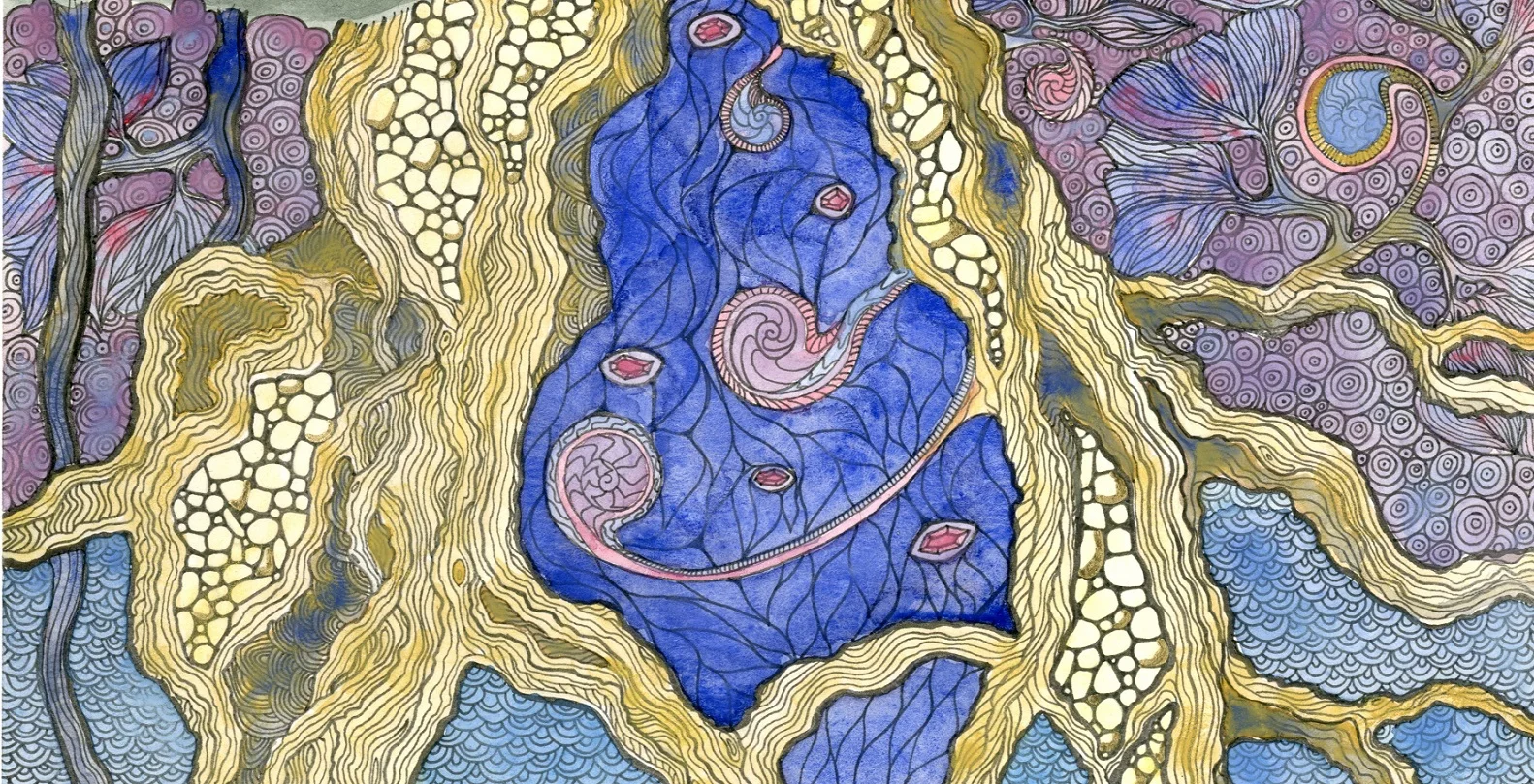On the Virtue of the Monster
This article contains major spoilers of a book nearly two centuries old.
The good reader will surely concede that in life, we humans must sometimes correct our own preconceptions. But intermittently, also, we are awarded the opportunity to correct those of others; incidentally one such occasion has presented itself to me in recent times. For I have freshly re-read the talented Mary Shelley’s novel Frankenstein; or, the Modern Prometheus (1818), and found myself yet again feeling astonished by the intricacies of that famous story, which has now become the subject of my writing. In this article, I will endeavour to commentate on the lesser-known qualities of the book and its characters.
Now Frankenstein’s quite well-known, it is a cultural fixture, and – like with Mickey Mouse, Dracula, or Superman and the gang – most everybody seems to know the gist of it. We can remember the insane scientist Victor, hunch-backed servant Igor, the violent thunderstorm that gives life to the evil Monster, and we even recall Its ultimate fate, Its destruction at the hands of an angry mob. Furthermore, we gladly accept ‘Man ought not to play God’ as the moral of the story; and a fine lesson it is indeed, taught through a clean plot. Doesn’t this synopsis of ‘Frankenstein’ ring a bell?
Well, in truth, it really shouldn’t.
The framework detailed above is, in fact, a memetic reconstruction of the ideas presented in the original novel. None of it is true or takes place in Shelley’s Frankenstein; rather, it is the version of Frankenstein told by Hollywood studios and the likes. Yet together these constitute, to the uninitiated (meaning those that have not yet read the original work), the markers that define ‘Frankenstein’. It is strange; but I really find that the contrast between what modern readers expect and what Shelley actually wrote about makes Frankenstein such an intriguing read.
Indeed, although we might at first fancy Frankenstein a simple story – a straightforward struggle of the natural versus the unnatural, with the natural triumphing, of course –, the original tale is far more ambitious. The widely canonical, dumbed-down, misconception of ‘Frankenstein’ wholly fails to examine two concerns of considerable importance. Namely, the character arcs, the infinite complexities, the thoughts and feelings of both the creator and the created; those of Victor and the Monster. Their failure to establish a familial bond at the moment of the Monster’s creation sets up a pervasive theme of the novel: that irreversible mistakes have been made, and eventually the biblical proverb ‘you reap what you sow’ will be reaffirmed; Frankenstein is a gloomy and profound read.
Yet, the novel is not altogether dark or pessimistic. The characters really do try to atone for their actions; in particular the moral struggles of the protagonist – scientist Victor von Frankenstein – can be thought of as prototypical of those expressed by Raskolnikov in Dostoyevsky’s later Crime and Punishment. The difference is that whilst Raskolnikov eventually finds peace, in Frankenstein no salvation is found, which leaves the reader with food for thought.
The composition of the novel may feel slightly gimmicky to the modern reader. The story of Frankenstein is told in chapters, at times narrated via fictitious letters, and at others as a recounted tale told by the anguished Victor. The narrative builds up momentum gradually, and a patient reader is rewarded as the next twist, although predictable, happens. Since the story is mainly told by Victor, one might at first expect that the Monster is truly presented as a base beast, as we all like to think. But as a narrator the regretful Victor does not pretend to be free of guilt, with him appearing to understand his creation’s motives to an extent, which makes following his story refreshing.
Having written all this, I will now try and provide a second synopsis of the novel’s events; this time, hopefully, one superior in accuracy. Then, roughly so reads Frankenstein: a promising student of the natural sciences – who is plagued by ancient ideals of attaining biological immortality – employs cutting-edge technology to create something he soon realises is impossible to control. The miserable creature is rejected by its repenting creator, and both are forced to go through an existential crisis due to the ensuing events. The Monster earnestly tries to educate itself in what being human entails, but in the end chooses to reject humanity in order to absolve itself of the sins It committed during Its short journey on Earth.
In this summary – which I guarantee to be more faithful to the plot of Shelley’s original work –, we can detect themes perhaps more sophisticated than ‘hulking abomination destroys barn, upsetting the villagers, ‘creepy scientist has an equally creepy servant and they do science-magic together’, or ‘redneck society defeats evil outcast, proving once again that otherness is a bad thing’. But I think many will agree that the chief difference concerns the nameless Monster; who, in the novel, is a rather captivating character.
It is an irrefutable fact that the Monster has many grand qualities. It’s even quite well-read, and throughout the novel seems to take a great interest in educating itself. Shelley makes the Monster study three novels; Goethe’s The Sorrows of Young Werther, the Lives of Plutarch, and Paradise Lost by Milton, all phenomenal works; and massive influences to the Romantics. The Monster is, like the Romantics, influenced by these and naively considers the three books to contain all the details of human life. But like all readers throughout the ages, It too makes the mistake of confounding idealised literature with life itself. In a powerful passage found in Chapter 15, as the Monster contemplates mankind’s relation with a higher power and the noblest of ideals, It likewise ruminates on its own wretched existence; these are not things that we usually ascribe to monsters.
Although we might all think that we know the story already, Frankenstein is a surprisingly great read. For those students of English who are currently taking Brit Lit II, or who are otherwise intrigued by Romantic literature, I strongly recommend the novel. Due to its short length, it is a quick read; however the prose can at times prove tricky. At worst, though, it will expand your vocabulary, and provide you with a great entry-level foray into what Romanticism is about. Lastly, it reminds us of this: whilst we might like to think we know something because said thing is ‘so very simple’, or ‘so very well-known’, it might not be the case after all.



